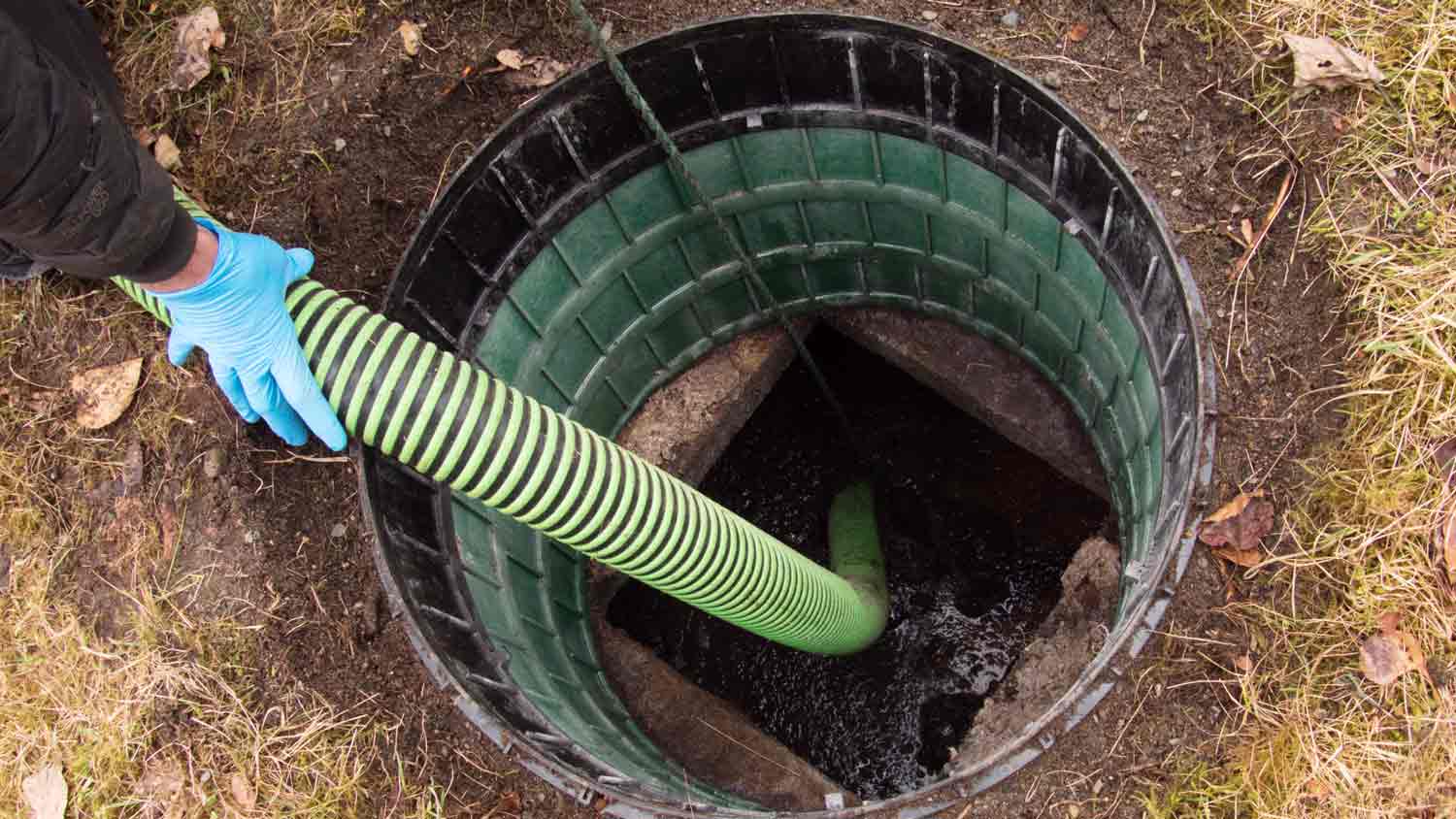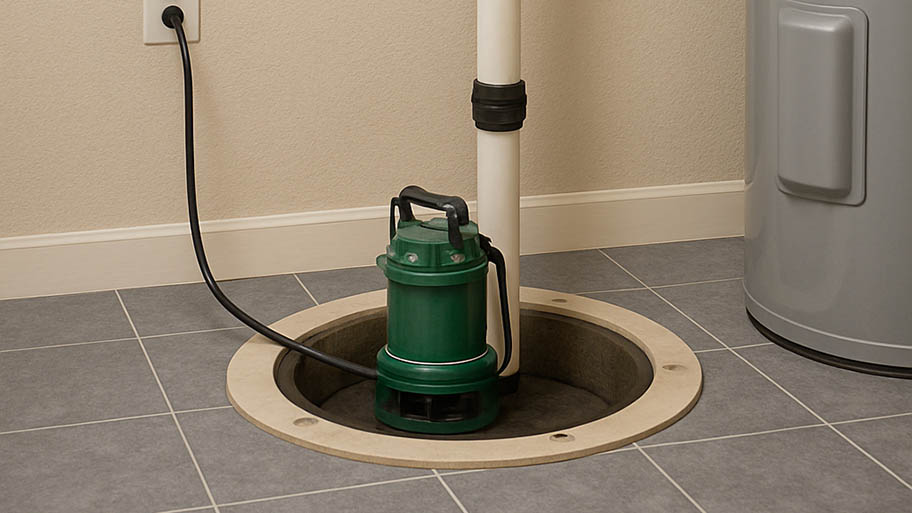
Need to know what sewer line replacement costs in Portland, OR? This guide will help you prepare to budget for sewer line replacement done by local contractors.
The bigger they are, the longer they take


Tanks 1,250 gallons or less take around 20 to 30 minutes to pump.
Larger tanks over 1,250 gallons may take up to an hour to pump.
Household size and plumbing usage affect pumping frequency.
Heavy water usage strains septic systems and lengthens pumping time.
Regular septic tank maintenance shortens pumping time.
Septic tanks need to be pumped once they're almost full. You'll know it's time for a pump if sinks and toilets drain too slowly or drains smell like rotten eggs. As for how long it takes to pump a septic tank, it can be anywhere from 20 minutes to an hour or longer. Let's go through the different factors that make septic tank pumping time vary.
The first thing that determines how long it takes to pump a septic tank is its size. A 1,000- to 1,250-gallon septic tank typically needs about 20 to 30 minutes to pump. Larger septic tanks exceeding 1,500 gallons need 45 to 60 minutes. These timeframes will vary depending on the equipment used, the state of your septic tank, and the expertise of the people doing the job.
The industry standard for septic tanks is 1,000 gallons, and this is the minimum size that a typical three- to four-bedroom home should have. A tank with a 1,250- to 1,500-gallon capacity is common in homes this size. Septic tanks max out around 2,000 gallons, so larger households will need to have their septic tanks pumped more frequently, and it will take longer.

The right septic pump depends on how much liquid and solid waste is in the septic tank. Large amounts of solid waste will slow pumping because a stronger pump is needed. Solid waste build-up varies by the type of septic system, household size, and what gets sent down the pipes.
This submersible pump is the fastest. It sucks 10 to 20 gallons of water per minute directly into the pump truck, and it’s best for septic tanks with little solid waste.
Effluent pumps are submersible and attached to grinders to cut down on solid waste. They aren’t as fast as turbine pumps but are faster than heavy-duty pumps. Effluent pumps are ideal for medium amounts of solid waste.
Designed for incredibly difficult sewage pumping, submersible sewage ejector pumps are ideal for large amounts of solid waste.
These heavy-duty pumps are the slowest, but they can handle the toughest solid waste. Unlike effluent pumps, the grinder is built in.
Wondering how you can speed up the process? Here are a few tips that are sure to help.
A poorly maintained septic tank will take longer to pump, especially if parts rupture as a result. Replacing the baffle and fixing cracks in the tank can tack on another $300 to $500 and 30 to 60 minutes before the pumping begins.
Make sure that your septic tank is inspected at least once a year and that an inspection is included when you get your pumping service. Routine maintenance will speed up the pumping process.
Wait until you have enough laundry to do a full load. More frequent small loads raise the water levels in the tank. So, instead of doing laundry several days per week, have one designated laundry day where you do a larger load to conserve water.
Laundry detergents designed for septic systems create fewer suds and don't cause the tank to fill as quickly. Don't use detergents containing bleach or chlorine because they can disrupt the beneficial bacteria in the septic tank.
Don't pour oil, grease, paint, solvents, and liquid drain cleaner down sinks and drains. They kill the bacteria and cause solid waste to accumulate, making it take longer to pump.
The more wastewater your home generates, the more often the septic tank has to be pumped. Pumping every three to five years is the standard recommendation, but larger households may need pumping every one to two years. Going too long without pumping can strain the septic system or cause backup, and it will take longer when the proper equipment arrives.
Pumping a septic tank isn’t like pumping gas in your car; it’s a much tougher and dirtier job that can have biohazardous consequences. Your local septic tank cleaner has the knowledge, experience, and proper equipment to pump the septic tank, like a sewer jet for hard-to-reach clogs and all the different types of septic pumps.
Septic tank cleaners also have pump trucks for hauling the waste away. Even if you could procure a septic pump on your own, transporting over 1,000 gallons of waste isn’t as simple or pleasant-smelling as putting a pizza box in your backseat.
From average costs to expert advice, get all the answers you need to get your job done.

Need to know what sewer line replacement costs in Portland, OR? This guide will help you prepare to budget for sewer line replacement done by local contractors.

The cost of converting a cesspool to a septic system depends on factors like labor, complexity, and materials. Use our guide to estimate your budget.

Need to know what sewer line replacement costs in Chicago, IL? This guide will help you prepare to budget for sewer line replacement done by local contractors.

A full septic tank can cause health issues and costly repairs. Look out for these top seven warning signs your septic tank is full.

It can be unsettling when your sump pump smells like sewage, but it doesn’t always indicate a serious issue. Here are four potential causes and solutions.

To unclog a sewer line, you may need to access your septic cleanout. If so, you might wonder: How do I find my septic tank cleanout? Find out in this guide.